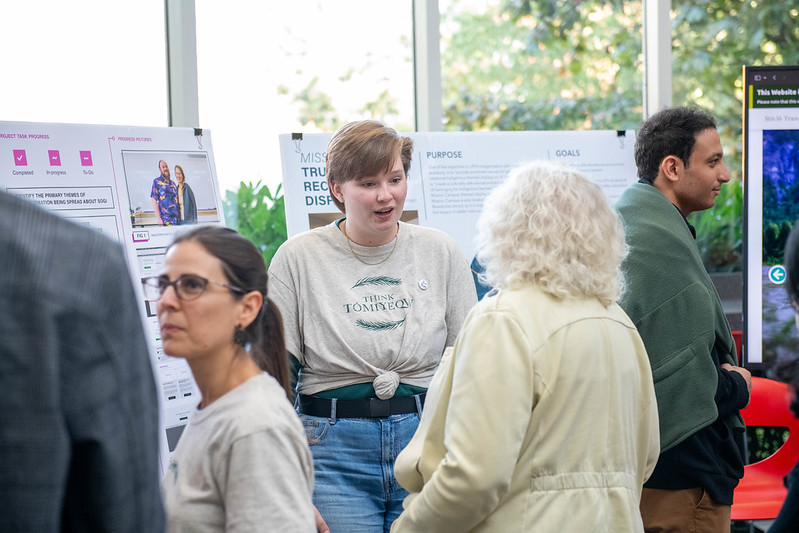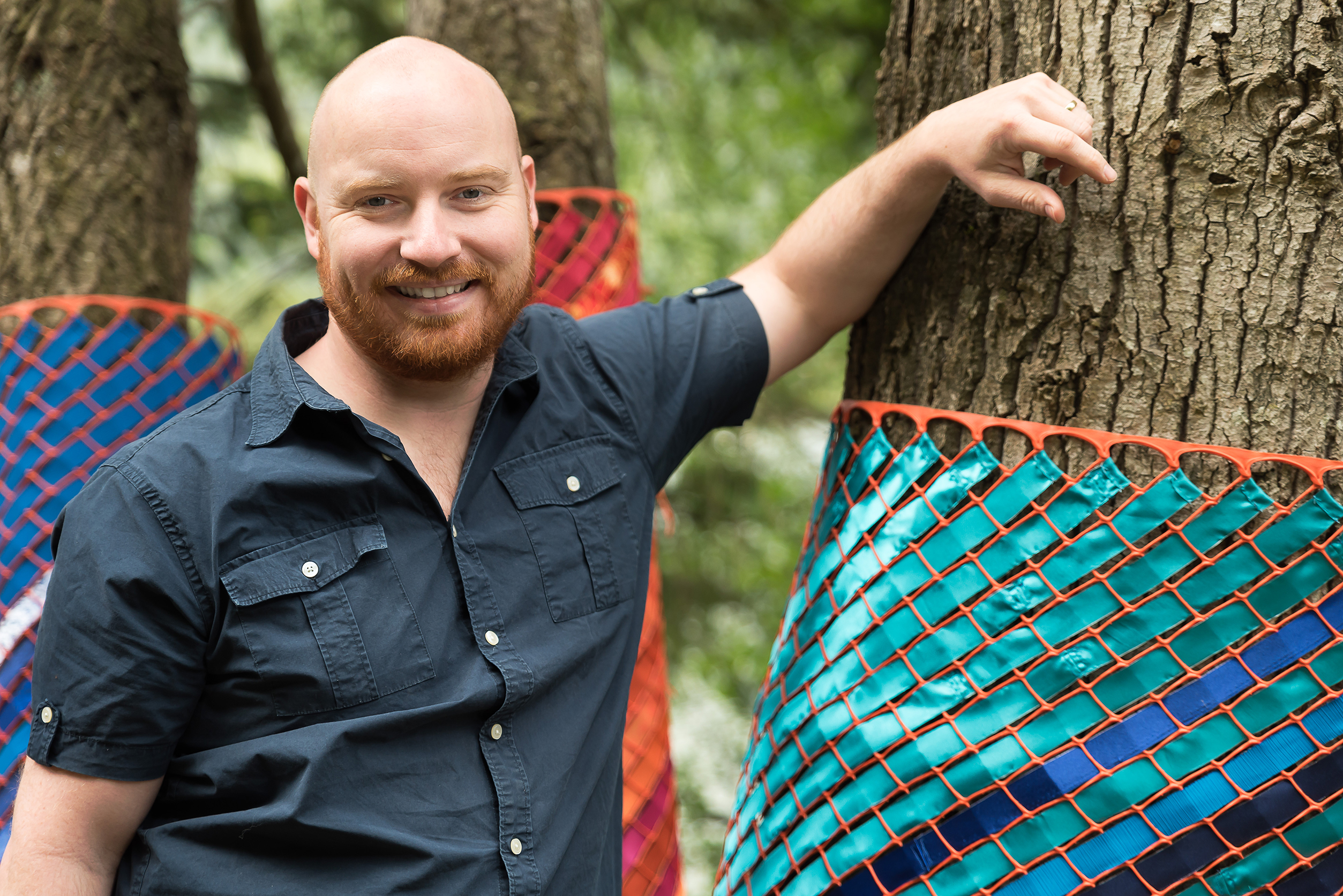UFV’s BMO Collaboratorium sets up for summer research

As summer draws near, so does the opportunity for UFV students to dive into meaningful research through the BMO Collaboratorium.
Keith Carlson, Canada Research Chair and director of the Peace and Reconciliation Centre (PARC), has lined up several projects with community partners, and continues to look for more. The BMO Collaboratorium provides those partners with sophisticated research at an affordable rate, while providing UFV students with opportunities to deploy and enhance the skills they’ve been developing in their courses.
Keith’s eyes light up as he talks about what’s to come, including two ventures with Seabird Island School.
A Indigenous-run school on First Nations land, Seabird is looking to Indigenize the curriculum. Working with knowledge keepers and a teacher in the school and drawing on his more than 30 years of working with Elders in that community, Keith and a student will create a course that introduces Grade 10 and 11 students to their culture and history.
Another project will see Keith and a student videographer interviewing Elders and knowledge keepers about how they balance traditional practices such as harvesting plants and fishing season with a 9-to-5 job and other contemporary matters.
“Hearing how they’ve kept those traditions going might inspire and provide guidance to students who come from families where traditional knowledge has been challenged or eclipsed by the pressures of the outside world,” Keith explains.
While those two are less research-based, another project with several Indigenous partners is entering its third year. Keith received a Social Sciences and Humanities Research Council grant to research the history of smallpox. Students have been looking through hand-written records of former Indian agents.
It’s no easy task, Keith says with a smile.
“Sometimes the Indian agent used acidic ink that burned into the paper, and other times it was pencil that is now so faint on the page,” he notes. “And they all used 19th–century cursive writing, which today’s students don’t get a lot of exposure to.
“It’s tedious reading too, digging through bureaucratic correspondence to find the buried Indigenous voices and the Indigenous story. But it includes information on governance, land alienation, Stó:lō resistance to impositions on their fishing – all of that is being indexed and it’s going to the Stó:lō Research and Resource Management Centre.”
The work is challenging but rewarding.
Keith says students have described their BMO Collaboratorium experiences as “lifechanging” and “the best summer job they ever had.”
“My experience working at PARC is something that I will never be able to replicate,” says Mattisen Henrotte. “I do not actually think I will ever work a job that is cooler or will have as big an impact in my personal life and view of the world. Reflecting on the experiences I have had and the hands-on learning that I have done, it’s hard to imagine a career that will be cooler than working at the Peace and Reconciliation Centre.”
Keith says community partners have been impressed by UFV’s students, who mostly work at the Chilliwack campus under the day-to-day supervision of Leanne Jarrett, PARC coordinator. Keith and Leanne are hoping to add a few more projects before summer begins, because more projects means more opportunities for students to have a tangible impact on the world around them.
“This is research that gives back to the community,” he says. “Every day we can feel good knowing that a member of a partnering community came to us with a question, and we were able to help answer that question.”
Representatives of any community organization that is interested in partnership with the BMO Collaboratorium are encouraged to email PARCcollab@ufv.ca to start the conversation.




